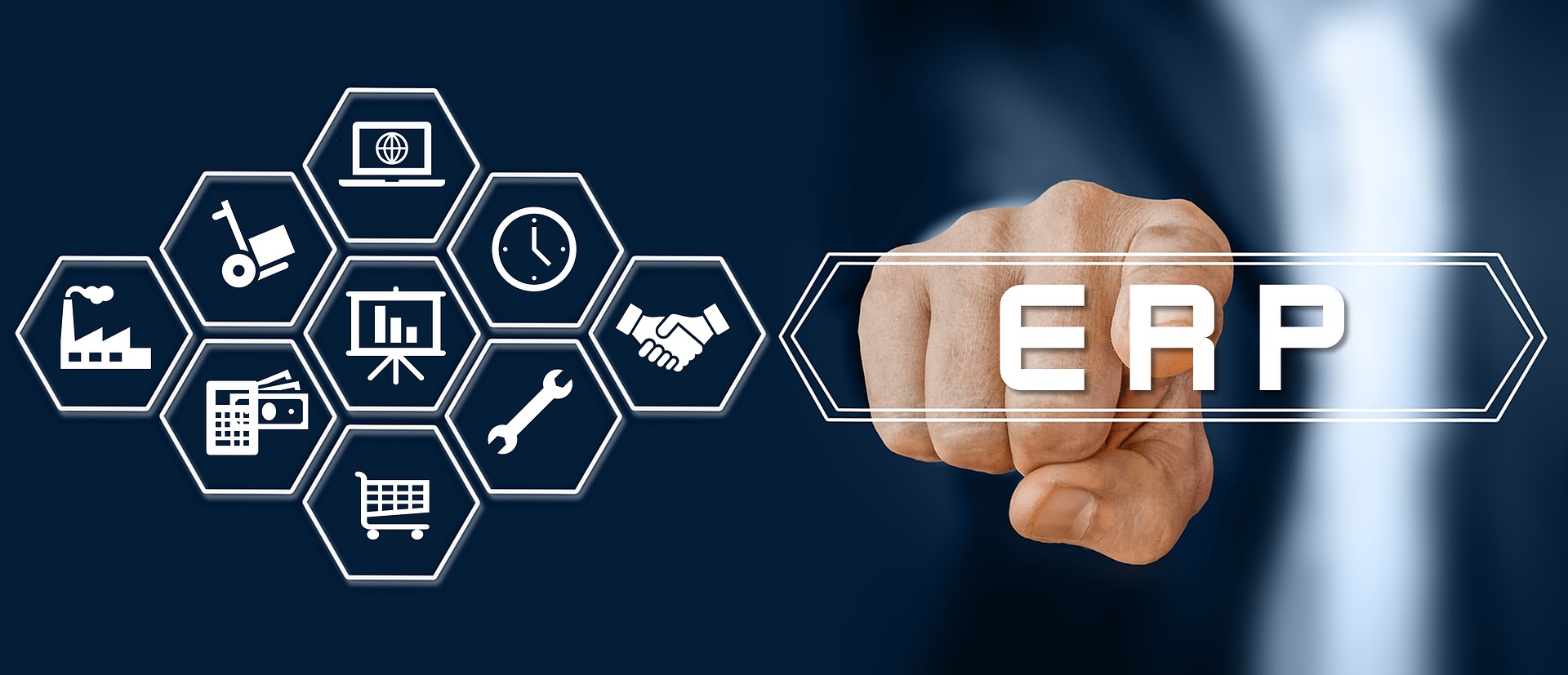The UK’s tax authority, HM Revenue and Customs (HMRC), has embarked on a major step in its ongoing digital transformation by securing contracts worth a total of £366 million ($462.2 million) with SAP and Deloitte. These agreements are designed to replace outdated legacy systems with cloud-based solutions that will modernize and streamline HMRC’s ERP (Enterprise Resource Planning), human resources (HR), and financial functions.
The Scope of the Deal
The breakdown of the contract is as follows: SAP, the German multinational software company, will receive £246 million ($310.6 million) for a ten-year project aimed at delivering Software as a Service (SaaS) solutions. This includes a comprehensive ERP overhaul, moving essential public sector functions into a modern, cloud-based environment. Deloitte, a global consultancy and professional services firm, has been awarded a £120 million ($151.5 million) contract over five years to provide consultancy services that will support the delivery and implementation of these systems.
These contracts represent a significant commitment by the UK government to improve the efficiency of its internal operations and modernize its IT infrastructure. The initiative is part of a broader effort to digitally transform public sector operations and improve service delivery.
Benefits and Impact for HMRC and the Public Sector
The collaboration between HMRC, SAP, and Deloitte aims to not only enhance technological capabilities but also transform the way public sector organizations operate. Leila Romane, Managing Director at SAP UK & Ireland, emphasized that the impact of the deal will extend well beyond technology. “It is more than just a technological shift, but a mindset change too,” Romane said, highlighting the benefits of end-to-end ERP transformation that will simplify and automate complex administrative processes across HR, finance, and procurement functions.
The agreement will affect over 100,000 civil servants within HMRC alone, and it is expected to have a ripple effect across other departments in the so-called Unity Cluster, which includes the Department for Transport (DfT) and the Ministry of Housing, Communities and Local Government (MHCLG). These departments will also benefit from the modernization of their ERP systems, improving operational efficiency and enabling better decision-making through data-driven insights.
According to Romane, the shift will eliminate much of the manual, time-consuming administrative work that currently burdens civil servants, creating a more efficient and responsive public sector. This is part of a wider push within the UK government to integrate more cloud solutions into public services, driving both cost savings and improved productivity.
Addressing Challenges and Concerns
However, the scale of the transformation is not without its challenges. The ambitious ERP transformation within the Unity Cluster, which involves multiple government departments, has faced skepticism from industry observers. Last year, a report by the Infrastructure and Project Authority (IPA), which monitors government projects, raised concerns about the deliverability of the ERP program. The IPA’s report highlighted the need for critical skills, resources, and the resolution of key decisions that require agreement from all partners involved in the Unity Cluster.
The report noted that for the project to succeed, substantial changes were needed in how the partners coordinated and managed the transition. The level of complexity in aligning different departments with varying needs and priorities was underscored, and the IPA warned that delays and challenges in decision-making could put the entire project at risk.
Despite these concerns, HMRC and the other departments involved are moving forward with the transformation, acknowledging the difficulties but remaining confident that the long-term benefits will outweigh the obstacles. The project represents a fundamental shift in how public sector organizations operate, with a focus on scalability, flexibility, and automation.
Broader Context: UK Government’s Digital Transformation Strategy
This deal is part of a broader trend within the UK government to overhaul public sector technology systems, reducing reliance on outdated legacy systems and embracing more modern, cloud-based solutions. In recent years, the government has prioritized digital transformation initiatives across various departments, seeking to improve efficiency, reduce operational costs, and enhance the delivery of services to citizens.
Cloud adoption in the public sector is seen as a critical element in achieving these goals, as it enables greater flexibility, scalability, and innovation. By moving away from on-premise infrastructure and legacy software, organizations can reduce the complexity of managing IT systems, improve collaboration, and drive data-driven decision-making.
The move also aligns with the UK government’s commitment to enhancing digital public services, as outlined in the Government Digital Service (GDS) Strategy. This strategy aims to provide more user-centered, responsive public services that leverage the latest in technology, making it easier for citizens to access services and for government employees to perform their duties more effectively.
The Path Ahead
As HMRC moves forward with its new ERP cloud systems, the collaboration with SAP and Deloitte sets a precedent for similar digital transformation efforts across other government departments. However, the success of these projects will depend on addressing the challenges identified by the IPA, particularly in terms of coordinating complex, cross-departmental systems and ensuring that the necessary expertise and resources are in place.
For now, the £366 million contracts represent a significant investment in the future of public sector technology, and if successful, they could serve as a model for similar initiatives globally. The transformation of HMRC’s ERP, HR, and financial systems is a key part of the UK government’s ongoing digital modernization efforts, which aim to make the public sector more efficient, agile, and capable of meeting the evolving needs of citizens.
References:
- HMRC’s Digital Transformation – Overview of HMRC’s efforts to modernize its systems through ERP cloud solutions and partnerships with SAP and Deloitte.
- Infrastructure and Project Authority (IPA) Report – Insights into the challenges and risks surrounding the ERP transformation within the Unity Cluster, including coordination issues and resource gaps.
- SAP and Deloitte Contracts with HMRC – Financial breakdown and scope of the SaaS project and consultancy support provided to HMRC by SAP and Deloitte.
- UK Government Digital Transformation Strategy – The Government Digital Service (GDS) strategy for transforming public sector services and systems, including the move towards cloud-based solutions.



